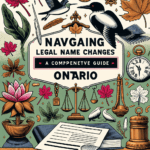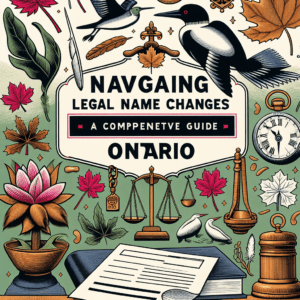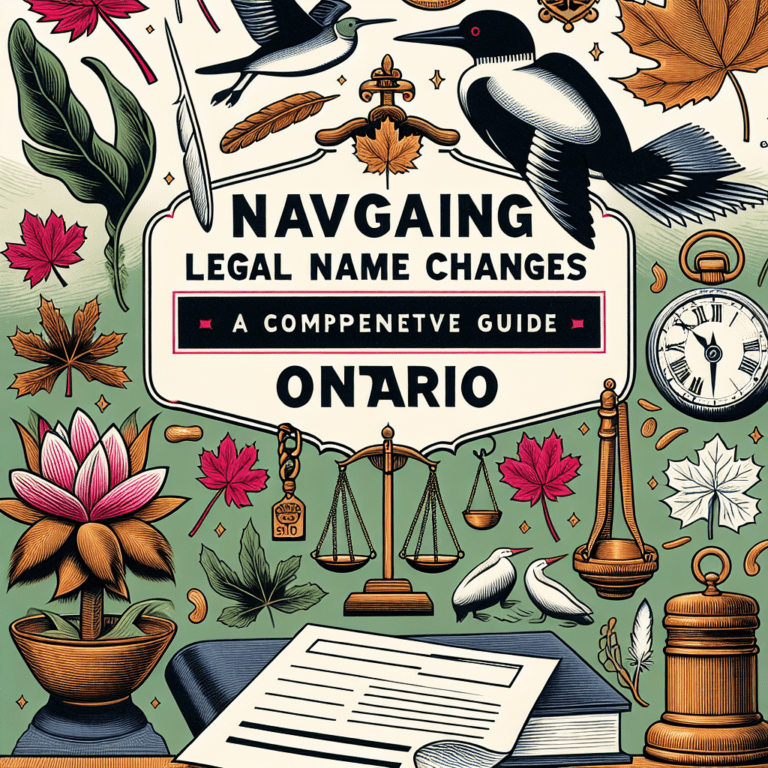===
Navigating the Canadian legal job landscape can feel like a daunting endeavor for both new graduates and seasoned professionals alike. With an ever-evolving market and increasing competition, many aspiring legal practitioners find themselves grappling with uncertainty about where to begin. This article aims to clarify the complexities of legal job opportunities in Canada, providing you with essential strategies and insights needed to carve out a successful career in this dynamic field. Whether you’re looking to make your mark as a lawyer, paralegal, or legal consultant, understanding the nuances of this market is crucial for future success.
Understanding the Canadian Legal Job Market Landscape
Canada’s legal job market is characterized by a diverse and competitive array of opportunities, with varying requirements based on region and specialization. Cities like Toronto, Vancouver, and Calgary stand out as legal hubs, housing a concentration of law firms, corporate legal departments, and government agencies. This urban-centric trend often translates into a higher density of job openings, particularly for those specializing in corporate law, litigation, and compliance. However, the saturation of talent in these areas necessitates unique qualifications and a strategic approach to job hunting.
In contrast to larger urban centers, provinces such as Newfoundland and Labrador or Manitoba may offer a different set of opportunities, often requiring legal professionals to adapt their skills and expertise to local legal contexts. This distinction can be a hidden gem for those willing to explore roles outside the traditional hotspots. As competition persists in major cities, alternative regions might provide promising openings with less saturated applicant pools, making adaptability and willingness to relocate key factors in securing a desirable position.
An often-overlooked aspect of the Canadian legal market is the growing demand for specialized roles. Areas such as intellectual property, environmental law, and technology law are witnessing an uptick in hiring as organizations seek legal experts adept in navigating complex regulatory environments. Additionally, the rise of remote work has expanded the geographic boundaries of job searches, allowing candidates from various regions to apply for positions in different provinces. Understanding these emerging trends can provide a significant advantage as you set out to explore legal job opportunities in Canada.
Key Steps to Launching Your Legal Career in Canada
Launching a successful legal career in Canada involves a series of calculated actions that can set you apart in a crowded marketplace. The first step is securing the appropriate qualifications, which typically involves obtaining a Juris Doctor (JD) from an accredited Canadian law school. However, many candidates overlook the importance of gaining practical experience during their studies. Engaging in internships, clinics, or co-op programs can provide invaluable hands-on experience, enabling you to build a professional network and enhance your employability upon graduation.
After completing your education, an essential next step is to navigate the licensing requirements. The process can vary by province, but generally involves passing the bar exam and completing a period of articling, where recent graduates gain practical experience under the supervision of a licensed lawyer. The articling process is not only a crucial step towards obtaining your license but also an excellent opportunity for networking and gaining insight into specific legal fields. Those who leverage their articling experience to develop mentored relationships often find it easier to secure positions post-licensure.
In addition to formal education and licensing, cultivating soft skills is equally important in differentiating yourself in the legal job market. Strong communication, analytical thinking, and negotiation skills are highly sought after by employers. Attending workshops, networking events, and engaging in community service can enhance these abilities, making you a more attractive candidate. Furthermore, establishing an online presence through platforms like LinkedIn can help you connect with industry professionals and stay updated on job openings. By actively building your personal brand, you can create opportunities that align with your career goals in the Canadian legal landscape.
===
Exploring legal job opportunities in Canada is not merely about submitting resumes and acing interviews; it requires a strategic approach and a deep understanding of the market’s dynamics. By familiarizing yourself with regional variations, pursuing relevant qualifications, and honing your soft skills, you can position yourself as a formidable candidate in this competitive industry. Take proactive steps to network, gain practical experience, and keep abreast of industry trends. The Canadian legal job market is ripe with potential, and with the right strategies in place, you can unlock doors to a fulfilling career. Don’t hesitate to embark on this journey—your future in law awaits!
Understanding Legal Self-Defense Weapons in CanadaUnderstanding Legal Paper Size: Dimensions and Uses ExplainedNavigating Legal Name Changes in Ontario: A Comprehensive GuideRelevant LinkRelevant LinkRelevant Link



















